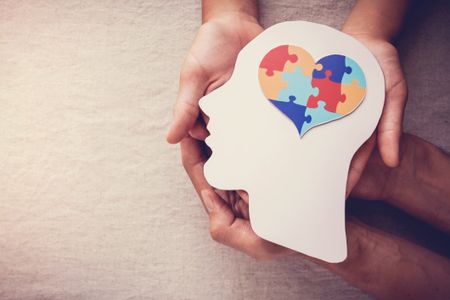
I have read and heard multiple times over the last few years, “Oh, she has mental health”, “does he have mental health?”, “I don’t have mental health” (this is the one that made me laugh the loudest). So, let us better understand what the term mental health means.
I thought we could start with a very simple question: What is mental health?
The World Health Organisation (WHO) describe mental health as:
“Mental health is a state of mental well-being that enables people to cope with the stresses of life, realise their abilities, learn well and work well, and contribute to their community. It is an integral component of health and well-being that underpins our individual and collective abilities to make decisions, build relationships and shape the world we live in.”[1]
With this in mind, let’s agree that Mental Health is a vital part of everyday life. Without a healthy mental well-being, we are in a world of hurt. Having a bad day isn’t what we are talking about. Having a bad week is also part of the human experience, but having a bad year? Yep, you are struggling then.
Language is vitally important when discussing this subject. Humans can be terrible at stigmatising others, and even self-stigmatisation can be a huge problem. Lindsay Sheehan et al. have written an interesting book on this subject, ‘Theoretical Models to Understand Stigma of Mental Illness’, which might be a good read if you are interested in this subject.
As much as stigma can be unhelpful, the language used to describe, explain, and interact with people struggling can be even more damaging. Can we now agree that compassion and empathy must be at the root of all helpful communication? We need to be able to talk to other humans when we are struggling, but we must also be able to listen with empathy.
As we all know, there are many different types of mental health conditions /diagnoses/struggles /problems, etc.
What label has been placed on the struggle can eclipse the person’s experience of their struggle and how others could perceive them. A fundamental cornerstone of mental health service is that a human being is unique; their experiences and struggles are unique, and we all need to be reminded of this occasionally.
If you feel you are having a hard time, please reach out to either statutory services (GP) or one of the many charity organisations that have numerous outlets and call numbers.
Please remember human beings can only ever be human; you are not alone!
[1] https://www.who.int/news-room/fact-sheets/detail/mental-health-strengthening-our-response

We use cookies to enable essential functionality on our website, and analyze website traffic. By clicking Accept you consent to our use of cookies. Read about how we use cookies.